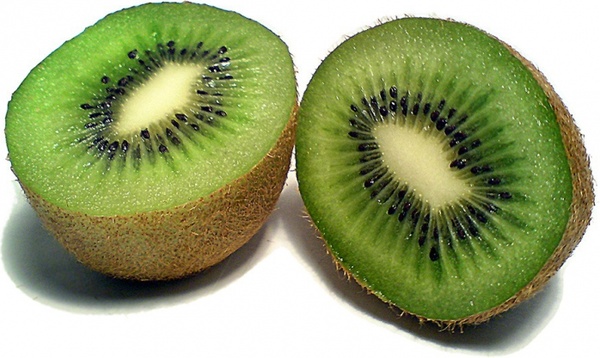Scientist Russell Lowe has been introduced to Stuff readers as “the man who saved New Zealand’s billion-dollar kiwifruit industry from disease”.
The article, written by journalist and author Nicky Pellegrino, says it is no exaggeration to say that kiwifruit have been Russell Lowe’s life.
For more than 50 years as a plant scientist, the New Zealand scientist has been devoted to the little green, gold and now red fruits formerly known here as Chinese gooseberries.
But his contribution was perhaps best summed up when he was presented with the Plant Raiser’s Award by the Royal New Zealand Institute of Horticulture last year.
In a speech when he was presenting the award, RNZIH president Dr Keith Hammett said Lowe was widely considered to have saved New Zealand’s entire kiwifruit industry after it was devastated by the virulent bacterial disease PSA (Pseudomonas syringae pv. actinidiae).”
Lowe had arrived on the scene when the industry was still young. He turned up at Plant & Food Research’s orchard in Te Puke to find there wasn’t much orchard to be seen, only some blocks of land lined with poplar trees that had been planted out as shelterbelts.
Today there are about 60 workers on-site and 40 hectares of fruit planted for research along with coolstores, laboratories, greenhouses and a packing house.
The facility is an important part of a hugely successful horticultural industry that generates billions of dollars for the New Zealand economy.
Pellegrino recalls how a virulent strain of PSA was detected in New Zealand in 2010.
PSA attacks the vigorous shoots of the vine and overwhelms its natural defences, causing canker.
The whole kiwifruit industry was threatened but the gold kiwifruit variety, called Hort16A, turned out to be especially susceptible. Lowe had been involved in its development.
Vines were destroyed, orchards had to be ripped out and Lowe and his team experienced huge losses at the Te Puke research orchard.
“We were in a disastrous state with Hort16A,” he recalled.
“But monitoring some of our newer material, we found another gold cultivar that was showing really good tolerance to PSA. It wasn’t completely immune, but as neighbouring plants were dying, this one wasn’t.”
Originally known as Gold 3, Zespri SunGold proved to be a hardier variety.
Moreover its storage life was much better than Hort16A and when people started growing it, they got good yields and prices.
SunGold probably would have edged out Hort16A eventually but the arrival of PSA meant the breeding process had to be hastened urgently.
PSA hasn’t gone away, Pellegrino’s article concludes. But growers have learnt to cope with it and with good orchard management are still able to produce healthy crops.
“We’re still living with PSA every day on our research orchard,” said Lowe. “With our seedlings we don’t put on any protective sprays as we want to find the most resistant plants to a range of problems.”
Lowe has retired from his full-time role and is an honorary fellow but he maintains a keen interest in what is happening.
“Because breeding is a long-term project there is material I was working on before I retired and I’m interested in seeing what the outcomes are.”
Source: Stuff












